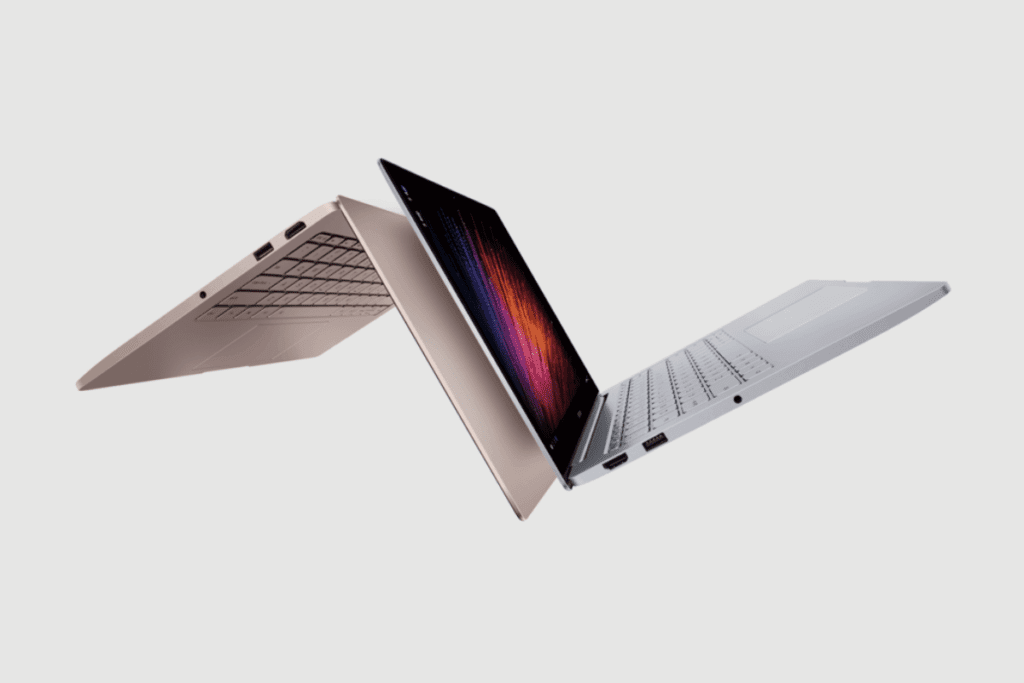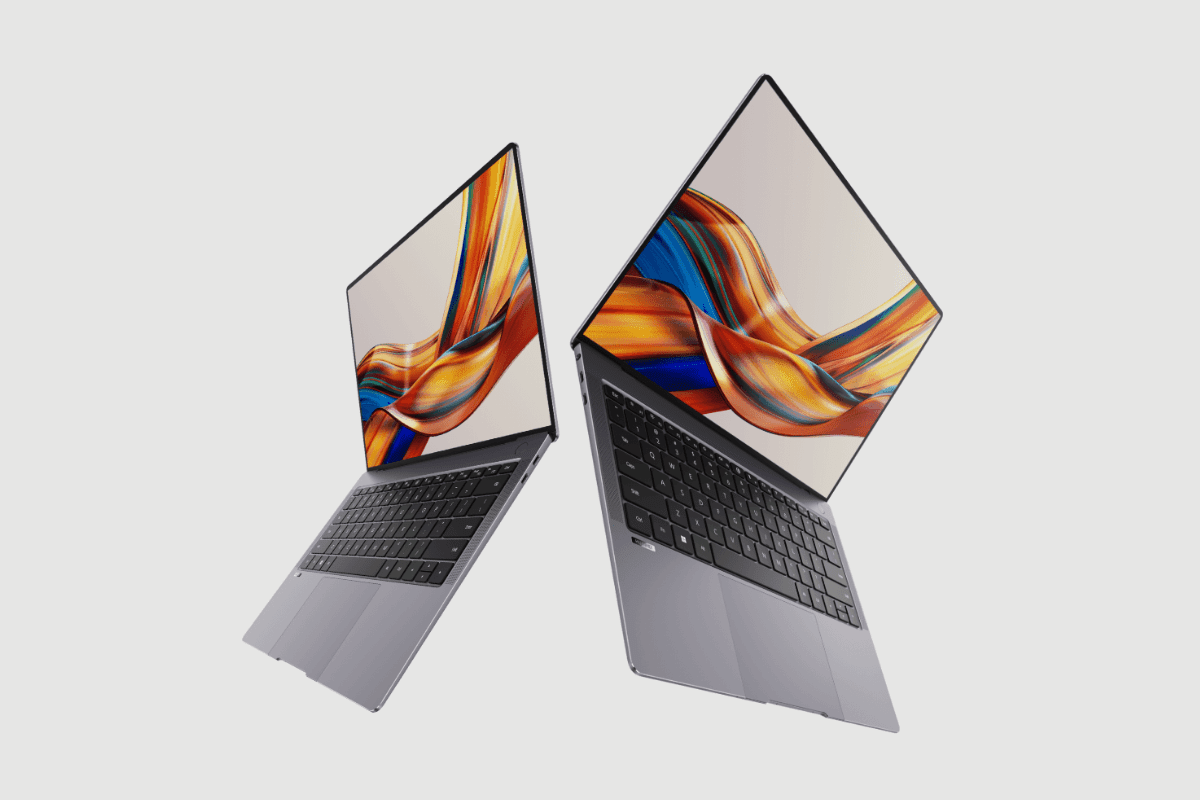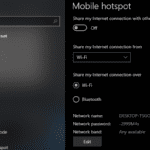Laptops are among the most popular electronic devices, but there are growing concerns about the potentially harmful radiation they might be emitting. While there is no definitive answer about the health effects of laptop radiation, it is best you understand how a laptop emits radiation.
Does Laptop Emit Harmful Radiation?
Yes, laptop computers do emit radiation. However, the levels of radiation emitted by laptops are generally low and not considered harmful to humans. Current scientific evidence does not indicate a link between using a laptop computer and health conditions or concerns.
By default, all objects emit thermal radiation; this occurs as a result of their atomic and temperature element, which makes them constantly emit electromagnetic radiation.
Laptops are no exception since they emit several kinds of radiation, such as waves from the electromagnetic spectrum and visible light from the laptop’s screen, amongst others.
However, these radiations emitted by laptops are of low intensity and are referred to as non-ionizing radiation, which is low-level Electromagnetic fields (EMFs) that are not in any way harmful to humans.
Radiations that can be harmful to humans are ionising EMF. These are high-energy radiations that can cause great damage to cells and are extremely harmful to one’s health. Some examples of high-energy radiation are X-rays, ultraviolet rays, gamma rays and nuclear radiation such as neutron/proton radiation and alpha and beta rays. High-energy radiation of these forms is dangerous in that it can lead to mutation, cancer, and radiation sickness.
Listed below are some of the kinds of radiation laptops emit:
- 400 to 800 THz electromagnetic radiation: This is the visible light given off by the screen of your laptop that makes it possible for you to see what the computer is displaying. Ordinary visible light is a form of radiation.
- 10 to 100 THz electromagnetic radiation: This is a form of infrared radiation which is given off by all parts of the laptop due to their temperature through the daily process of thermal emission.
- 5 GHz or 2.4 GHz electromagnetic radiation: These are the radio waves given off by the WIFI antenna in the laptop, which are used to connect to a network wirelessly
- 2.4 GHz electromagnetic radiation: These are the radio waves emitted by the Bluetooth antenna in the laptop, which are used to connect wirelessly to peripheral devices such as a cordless mouse.
- Low-frequency electromagnetic radiation: These are the radio waves that leak from the electronic circuitry inside the laptop.
- Nuclear radiation, such as gamma rays: This is the nuclear radiation emitted through the natural radioactive decay of atomic isotopes in the computer’s materials.

What Kind Of Radiation Does A Laptop Emit?
The radiation laptops emit is categorised into Radio Frequency (RF) and extremely low frequency (ELF), respectively:
- Radio Frequency is mostly emitted from radios and, basically, any device that has Bluetooth and WiFi capabilities. Laptops use RF signals to connect to the internet. This connection is made possible with the aid of a transmitter and receiver. The transmitter produces RF radiation in laptops and as such, placing the laptop directly on your lap allows for RF radiation from the transmitter to be emitted into your body. This is dangerous as it could be harmful to your health in the long run.
- Extremely Low Frequency (ELF): As your laptop converts electrical energy to perform various functions such as memory storage, hard drive operations and processor activity, ELF emissions are produced by the internal parts of your laptop and then radiated to the external parts. Laptops that have been used for longer periods emit higher EMF levels as opposed to new laptops since they have a greater level of efficiency.
The heat emission is another form of emission that comes from your laptop. This is due to the fact that virtually all electrical operations that run within the laptop generate heat. Although laptops have fans that turn out this heat as hot air, and in some instances, it can be more than 110 degrees Fahrenheit.
Ejection of heat is necessary as the exhausted air can cause future health hazards for users, especially when it is used extremely close to your body. The removal of this heat from your laptop is important as it will keep your laptop in a cool state and ensure optimal performance.
The Federal Communications Commission recommends that users stay at least 20cm from their laptops whenever it is in use. Keeping your laptop at a safe distance can prevent heat emissions from being harmful over time.

How Much Radiation Does A Laptop Emit?
Obtaining the actual EMF measurement of a laptop is difficult, so the estimate obtained is based on home testing and speculation. Although it is not officially confirmed, laptops emit radiation of 150mG (miliGauss).

Do Laptops Emit Radiation When Turned Off?
When your laptop is turned on and charging, it is constantly updating software, completing downloads, and running virus scans, and different levels of EMF are produced since your laptop requires more power for these functions. The EMF produced by laptops when it is turned on and being charged is significantly higher than when it is turned off and not being charged.
Conclusion
The radiation produced by laptops is non-ionizing, making it low-frequency and not harmful to health.
However, try to keep your laptop at a distance from your body when using it. If you must use your laptop on your lap, consider using your laptop with a lap pad that shields your body from the laptop’s radiation.
The essential point is to avoid anything that can cause health risks to you over time or anything that can be harmful to one’s health with time.
Other Related Post:
References: Wireless Device Radiation, Why doesn’t my laptop emit radiation?









